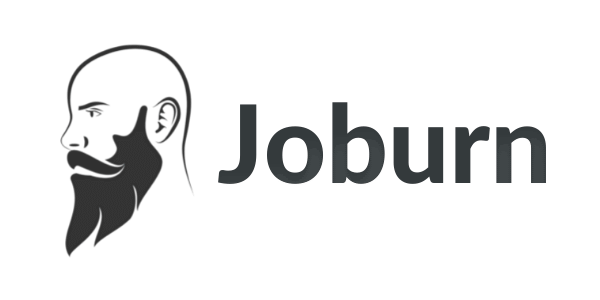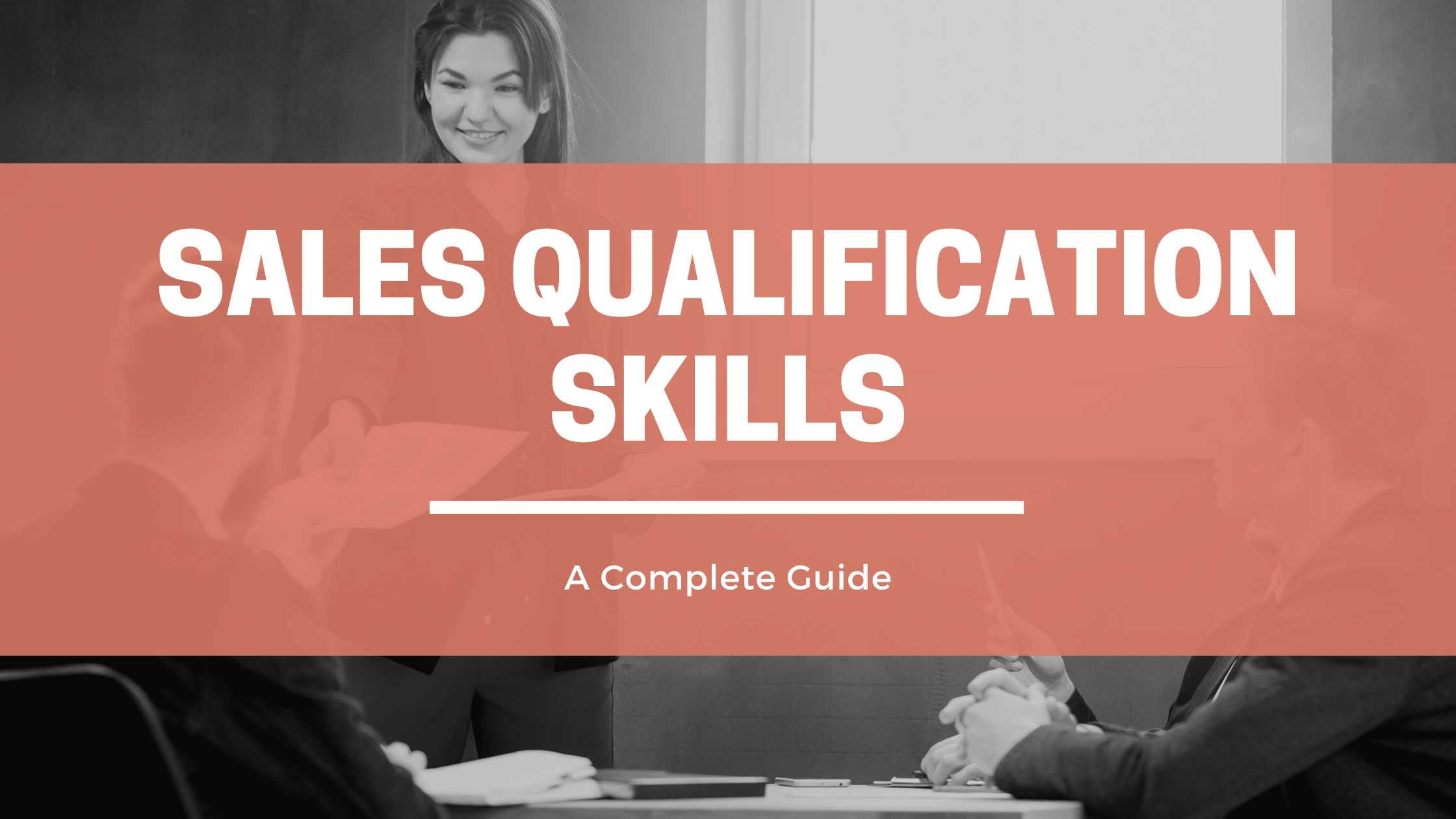Sales qualification is a critical step in the sales process that helps determine whether a prospect is a good fit for your product or service.
What is qualification skills?
Sales qualification skills are the abilities, knowledge, and techniques that sales professionals use to determine the suitability of a prospect or lead for a particular product or service. These skills are essential in identifying and prioritizing leads that are more likely to result in a successful sale and avoid wasting time and resources on prospects that are unlikely to buy.
What is an example of qualification skills?
An example of sales qualification skills includes: active listening, asking open-ended questions, researching prospects, product knowledge, communication skills.
What is the importance of qualification skills?
The importance of sales qualification skills lies in the fact that they can help sales professionals to identify and prioritize leads, increase their chances of closing a sale, and build strong relationships with clients. Effective sales qualification skills can also help sales professionals to save time and resources by focusing on leads that are more likely to convert, and can improve the overall efficiency and effectiveness of the sales process. Additionally, sales qualification skills can lead to higher levels of customer satisfaction and retention, as the sales professional is better able to identify and address the needs of the customer.
What are the types of qualification skill?
There are different types of sales qualification skills that sales professionals can use to identify, prioritize and engage with potential customers. Some of the key types of sales qualification skills are:
- Behavioral Qualification: Understanding the behavior of the prospect to identify their level of interest, buying intent, and engagement.
- Demographic Qualification: Evaluating prospects based on demographic data such as age, gender, location, job title, company size, and industry.
- BANT Qualification: This stands for Budget, Authority, Need, and Timeline. This qualification helps salespeople determine whether a prospect has the budget, authority, and need for the product or service, and whether they have a specific timeline for making a purchase.
- GPCTBA/C&I Qualification: This stands for Goals, Plans, Challenges, Timeline, Budget, Authority, and Consequences & Implications.
What is Ideal Customer Profile (ICP)?
An Ideal Customer Profile (ICP) is a detailed description of the type of customer that is the best fit for a particular product or service. It includes a range of demographic, firmographic, and behavioral characteristics, and is used to guide sales and marketing efforts.
What are the qualification skills?
Sales qualification skills are the skills used by sales professionals to assess whether a prospect is a good fit for their product or service.
What is hard skills?
Hard skills: These are specific, technical skills that are often quantifiable and can be taught and measured. Examples of hard skills in sales may include proficiency in sales software or technology, data analysis, and financial analysis.
What is soft skills?
Soft skills: These are less tangible, interpersonal skills that help salespeople interact with customers effectively. Examples of soft skills in sales may include active listening, communication, empathy, and emotional intelligence.
What is tone of voice?
Tone of voice: This refers to the quality of a person’s voice, including factors such as pitch, volume, and inflection. In sales, tone of voice can be important in conveying confidence, enthusiasm, and professionalism.
What is qualification question?
Qualification questions: These are questions that sales professionals ask to determine whether a prospect is a good fit for their product or service. Examples of qualification questions include asking about a prospect’s needs, pain points, budget, and decision-making process.
What is defusing tense situations?
Defusing tense situations: This refers to the ability to manage difficult or confrontational interactions with customers in a way that diffuses tension and maintains a positive relationship. This may involve active listening, empathy, and problem-solving skills.
What is objection handling?
Objection handling: This refers to the process of addressing customer objections and concerns to move the sales process forward. This may involve active listening, providing evidence or data to support the product or service, and building rapport with the customer.
What is appointment setting?
Appointment setting: This refers to the process of scheduling meetings or calls with prospects to discuss a product or service in more detail. Appointment setting may involve communication skills, time management, and attention to detail.
What is subject matter expertise?
Subject matter expertise: This refers to a deep knowledge of a particular industry, product, or service. Sales professionals with subject matter expertise can effectively communicate the value of a product or service to potentiaHow to learn qualification skillsl customers and build trust and credibility.
What is strategic thinking?
Strategic thinking: This refers to the ability to think critically and plan strategically to achieve long-term business goals. In sales, strategic thinking may involve analyzing market trends, identifying potential customers, and developing a sales strategy to reach them.
What is data analysis?
Data analysis: This refers to the process of collecting, organizing, and analyzing data to gain insights into customer behavior, market trends, and other factors that can inform sales strategies. In sales, data analysis may involve analyzing sales metrics, customer feedback, and other types of data to optimize the sales process.

